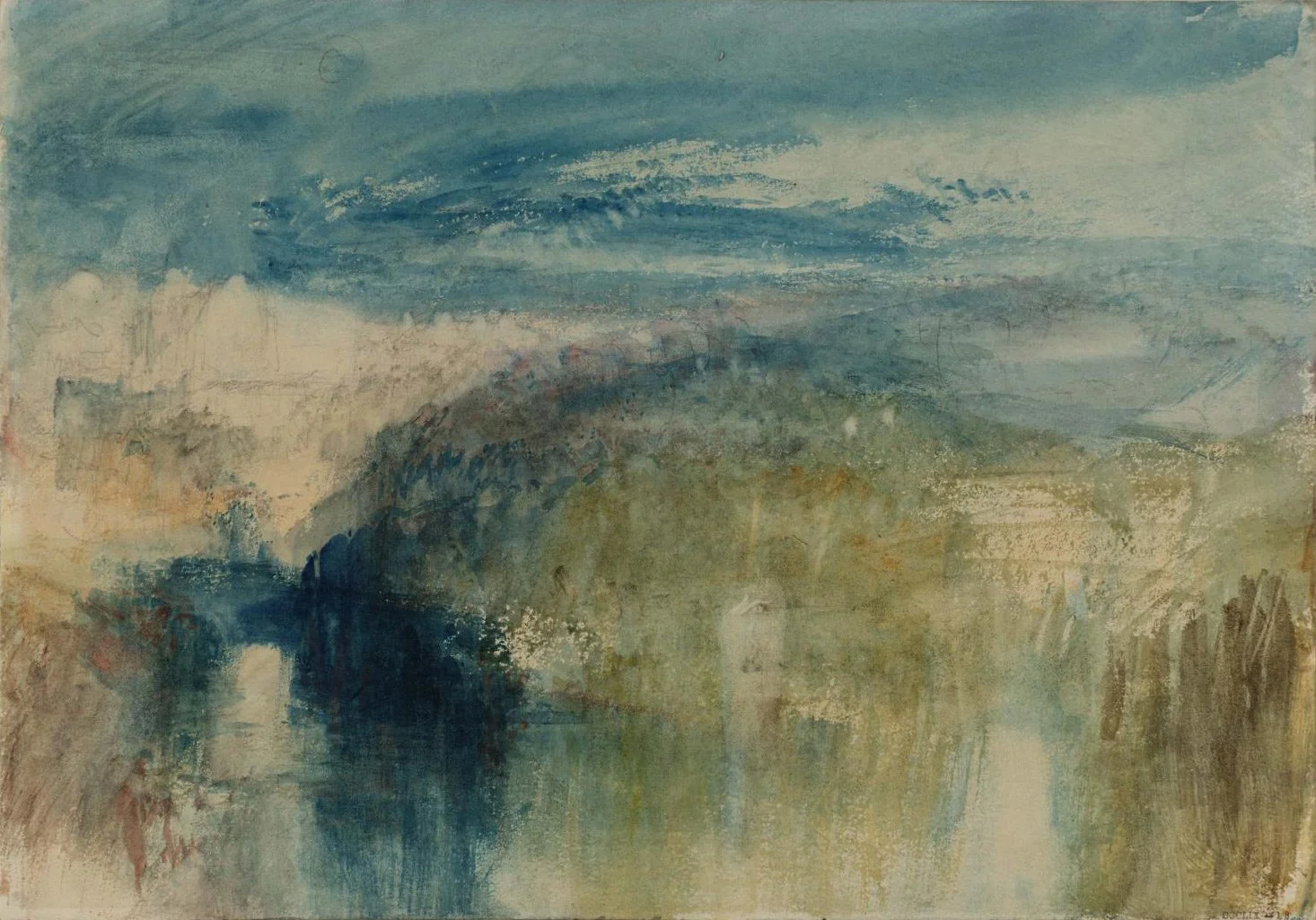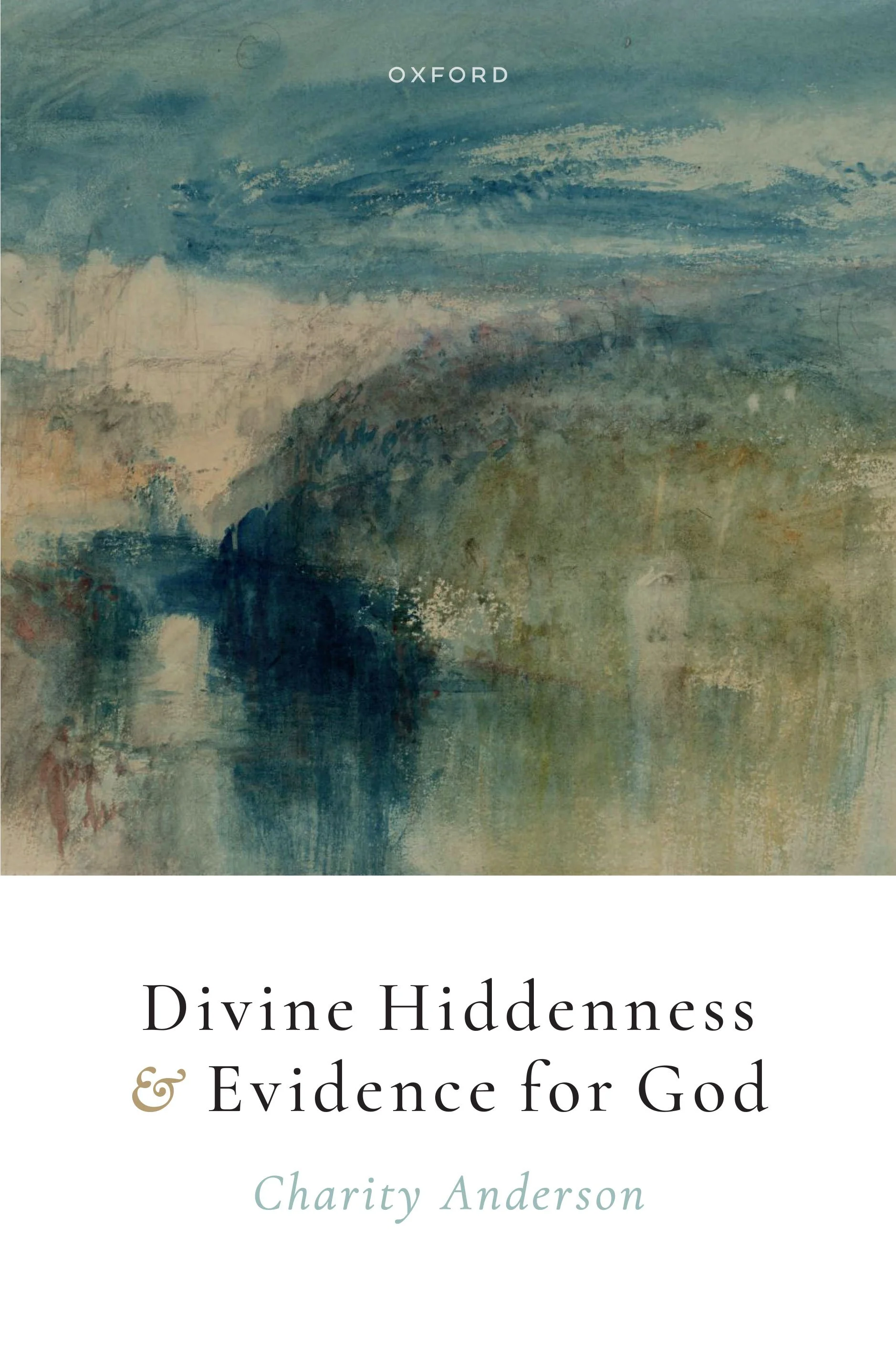
Divine Hiddenness & Evidence for God
Charity Anderson
Along with the problem of evil, divine hiddenness presents one of the most important philosophical challenges to religious belief. Theists and non-theists alike grapple with the question of why God’s existence isn’t more obvious.
The aim of this book is to formulate the problem of divine hiddenness as an evidential argument. A central theme is that we can make progress understanding the epistemic import of divine hiddenness if we model the hiddenness argument using Bayesian methods. One advantage to using evidential tools to frame the topic is that theists can agree with some of the core ideas that motivate interest in the topic, such as that it is surprising that God’s existence is not more obvious than it is. This is a thought with which theists can agree—without being pressured into atheism. The approach allows individuals on both sides of the issue to find more common ground.
The book as a whole raises an important methodological question: Can there be evidence against God for theists? While some theists have taken a hard stance against claims that anything is evidence against God, this work suggests theists are better off conceding that some phenomena are evidence against God and that theists should be open to the possibility that divine hiddenness is among such evidence.
Charity Anderson is Associate Professor of Philosophy at Baylor University in Waco, Texas. Her research is in epistemology and philosophy of religion, with a focus on topics such as fallibilism, epistemic modals, epistemic norms, evidence, and religious epistemology. Her work on divine hiddenness has won several awards, including the Marc Sanders Prize in Philosophy of Religion.
“Charity Anderson’s work on the hiddenness of God is some of the best I’ve ever read. Reframing the problem of divine hiddenness as an evidential problem and then exploring the consequences of doing so, this book breaks new ground and brings sophisticated epistemological reasoning to bear on one of the most important problems in the philosophy of religion. It is a must-read for anyone working on the problem of divine hiddenness.”
“Charity Anderson’s text revolutionizes our understanding of the argument from divine hiddenness, by introducing a new account of the hiddenness facts, and a new, probabilistic reading of the significance of those facts. Her book marks a major advance in this important debate, and will give new momentum and new direction to further discussion of the bearing of hiddenness on the rationality of theistic belief.”
“Why is God’s hand not more evident in the world if it is indeed the product of a Creator? Professor Anderson offers a new perspective that reframes this longstanding problem. Written in clear and accessible prose that will commend itself to a wide readership, Divine Hiddenness and Evidence for God is an incisive intervention on a nodal issue in philosophical theology.”

